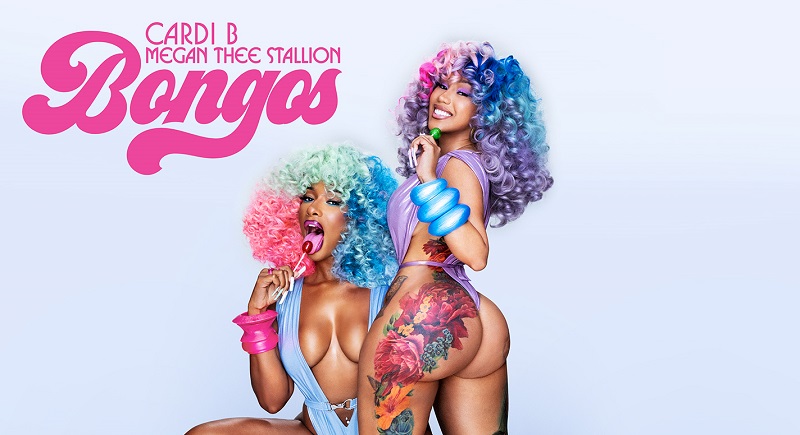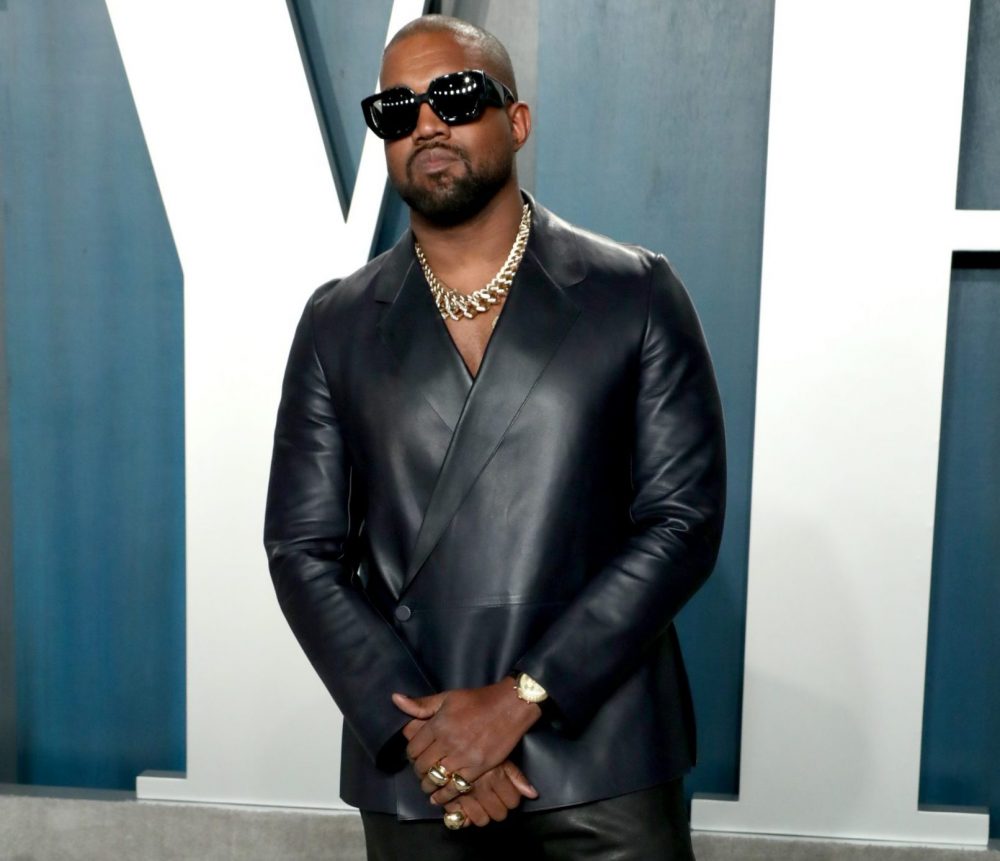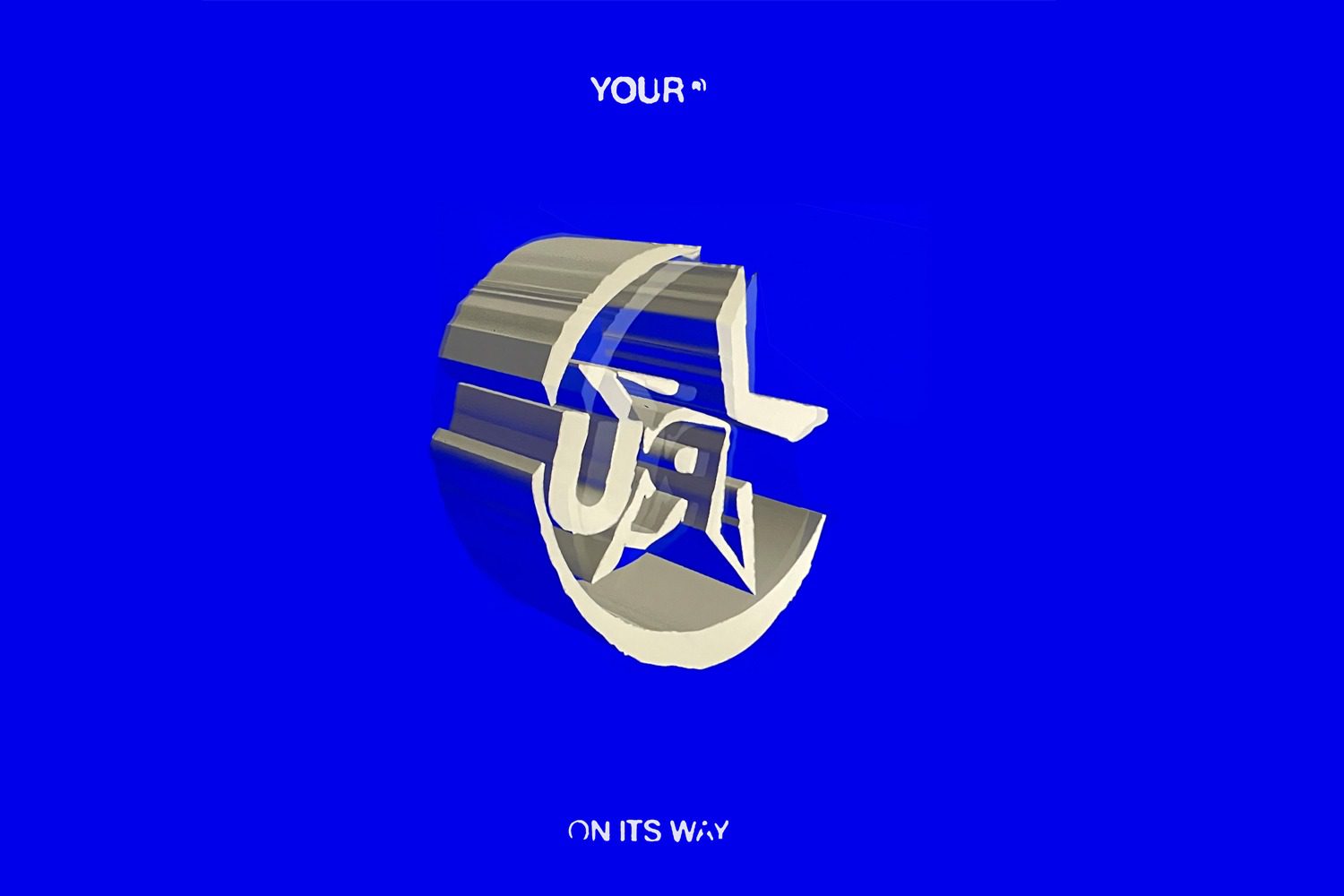
Cardi B and Megan Thee Stallion’s ‘Bongos’ Challenge Rap’s Status Quo
Cardi B and Megan Thee Stallion, two of the most prominent figures in contemporary rap, set the music world on fire with their explosive collaboration, “Bongos.” With over 100 million streams on Spotify alone, the twerk-worthy track is already a certified hit. “Bongos” has been praised for its catchy dembow-esque production and Cardi and Megan’s fierce and crisp delivery. However, the song has also been criticized for its sexually explicit lyrics and unapologetic celebration of female sexuality.
The track’s provocative lyrics and explicit content ignited a wave of controversy and raised questions about the double standards women in hip hop face compared to their male counterparts. In the song, Cardi and Megan rap about their sexuality and ability to please men. They also use some profanity, but no more than you would hear in a typical rap song. Yet, some people have criticized the song for being “too raunchy” and “degrading to women.”
Advertisement
In hip-hop, it is not uncommon for male rappers to use misogynistic language and imagery. This is often seen as a way of asserting dominance and masculinity. However, when women rappers use similar language, they are often accused of being “too sexual” or “unladylike.” This double standard is a form of gender bias often overlooked in hip-hop culture, where women are often seen as objects to be used and discarded.
For example, let’s consider two instances from Snoop Dogg and Rick Ross songs that highlight the double standards in rap lyrics:
Snoop Dogg’s “Ain’t No Fun (If the Homies Can’t Have None)” features lyrics such as “Btches ain’t sht but hoes and tricks.” These lyrics objectify women and degrade them to a demeaning status. Despite the explicit and derogatory content, the song is often praised for contributing to West Coast hip-hop and is considered iconic. In his song “U.O.E.N.O.,” Rick Ross raps about drugging a woman without her knowledge with the line, “Put molly all in her champagne, she ain’t even know it.” These lyrics sparked outrage and calls for accountability, yet Ross faced minimal repercussions, and the song continued to receive airplay.
The music industry has long been a battlefield for debates about freedom of expression, artistic integrity, and gender equality. This disparity in judgment limits creative freedom and hinders progress toward gender equality in the music industry. Recognizing and addressing these disparities is essential to promote a more equitable and respectful music culture.
Beyond the lyrical controversy, “Bongos” demonstrates innovation in its musical production. The song features a captivating blend of styles and influences, with production credits going to DJ SwanQo, Breyan Isaac, and We Good’s Donny ‘Dizzy’ Flores. One of the most intriguing aspects of the song is its infusion of Dembow rhythms, a fast-paced, rhythmic music genre from the Dominican Republic. This infusion adds a unique and infectious element to the track, setting it apart from conventional hip-hop and rap songs.
The incorporation of Dembow rhythms into mainstream music is a testament to the ever-evolving nature of music and the willingness of artists to explore new sounds and styles. This cultural exchange enriches the musical landscape and should be celebrated for its ability to bridge different cultures and bring fresh energy to the industry.
In light of the controversy surrounding “Bongos” and its musical innovation, it is only natural to anticipate a remix that can help expand the song’s reach and impact. While recognizing the importance of artistic expression, we encourage Cardi B and Megan Thee Stallion to consider a remix that takes the song to new heights. Collaborating with global artists like El Alfa, J Balvin, Karol G, or Rosalía would bring a dembow remix of “Bongos” and help further popularize the genre. These are all talented artists who would bring their own unique flavor to the song. Such a remix could incorporate powerful voices from the rap and dancehall scenes, showcasing unity and diversity in music.
A carefully crafted remix could further elevate the cultural fusion of Dembow rhythms and hip-hop, attracting a broader audience while addressing some of the lyrical concerns raised by critics. Cardi B and Megan Thee Stallion’s “Bongos” single has thrust essential issues surrounding gender double standards in rap lyrics into the spotlight. We must hold all artists accountable for their content while recognizing the artistic freedom they should possess. Additionally, we should celebrate the innovative infusion of Dembow rhythms into mainstream music, as it represents a positive step towards cultural diversity in the industry.
“Bongos” is not just a song; it is a catalyst for essential discussions about the state of the music industry.







